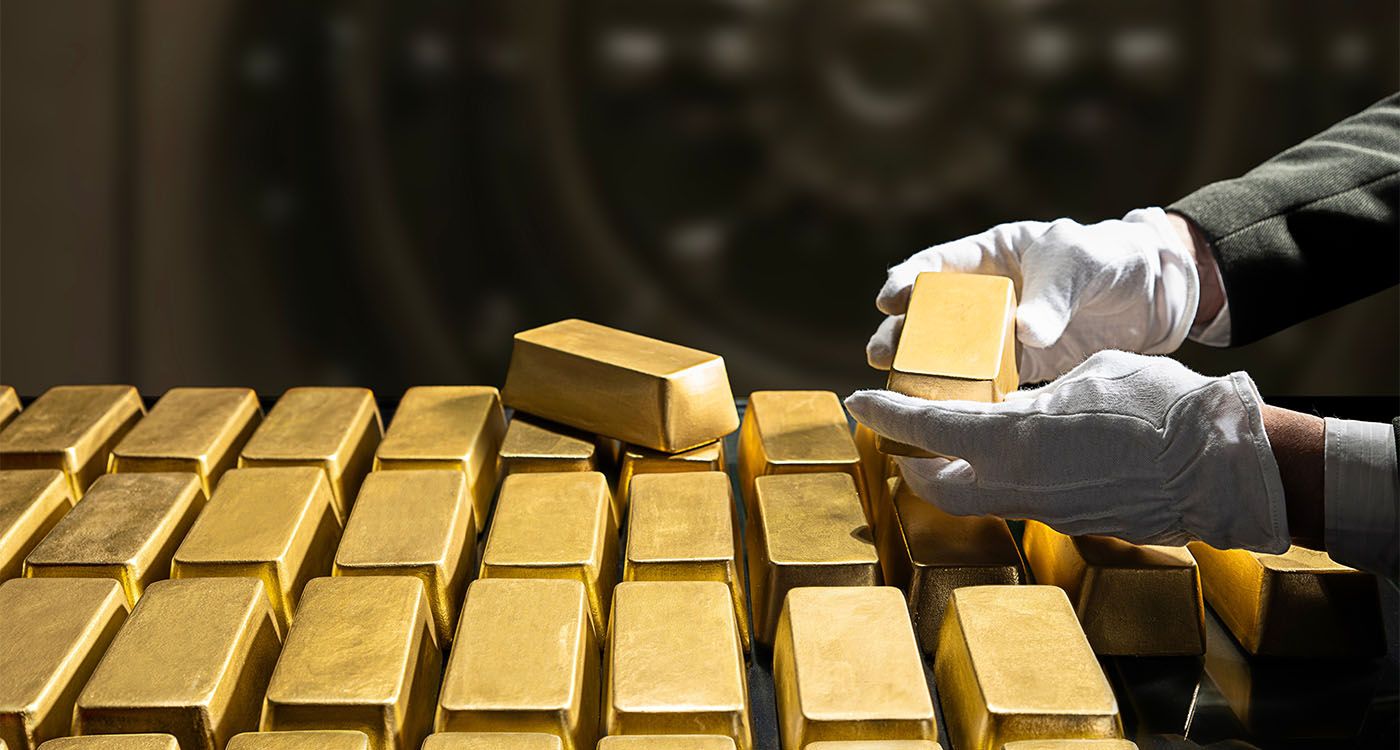
Gold prices have risen nearly 40% since the start of 2025, a surge that is rattling markets worldwide, including Lebanon.
The country’s gold market has entered a phase of sharp volatility. Against the backdrop of a prolonged crisis, transactions are picking up in both directions: some are selling jewelry and bullion to lock in immediate gains, while others are rushing to buy the yellow metal, long regarded as the ultimate safe haven.
This contradictory dynamic reflects the uncertainty dominating people’s minds. The lure of quick profits is pushing many lower-income Lebanese to part with their holdings as soon as prices rise. Meanwhile, wealthier buyers continue to fuel demand, convinced that gold remains a bulwark against the collapse of the national currency and ongoing political and security instability.
Yet, whether on the stock market or in physical trading, excessive greed often comes at a cost: those who hope for too much can lose just as much as those who sell too soon. As a French saying, often cited by wealth management experts, goes: “Trees do not grow to the sky.”
Discontent Among Jewelers and Goldsmiths
“The sector is at a standstill,” says a jeweler speaking to This is Beirut on condition of anonymity. Consumers are now avoiding small and mid-sized pieces, as the price per gram of crafted gold hovers around $150. As a result, “Even a modest Virgin pendant, weighing just one and a half grams and sold without a chain, goes for around $250 – a price many clients find hard to accept,” he explains.
Even more surprisingly, Lebanon’s traditionally high-spending clientele, long a major consumer of fine jewelry, has shifted its habits. They are now shunning luxury pieces – whether bought for display, personal enjoyment, or as wedding gifts – even as diamond prices fall. The reason is simple: upon resale, only the value of the gold matters; the rest has little resale value.
Rushing for Bullion and Gold Bars
In this context, demand is heavily focused on bullion and gold bars, especially those made in Switzerland. Yet jewelers show little interest in this market: “Profit margins don’t exceed five dollars per piece, not including overheads and VAT,” notes a sector insider.
Without local mines, Lebanon depends entirely on imports to meet its gold supply. According to research firm Information International, citing Lebanese customs data, the country imported 11 tons of gold in the first half of 2025 (through the end of June), valued at $1.045 billion. In 2024, imports reached 25 tons, worth $1.867 billion.




Comments